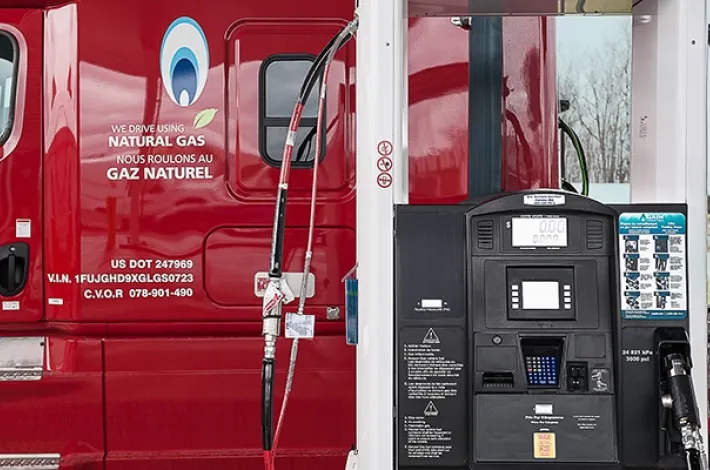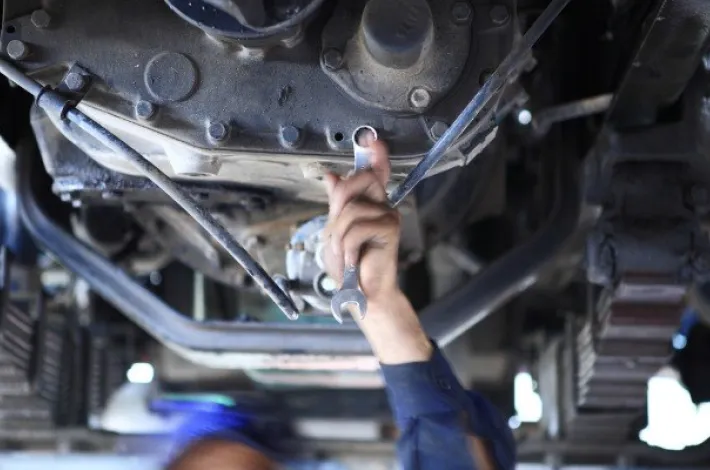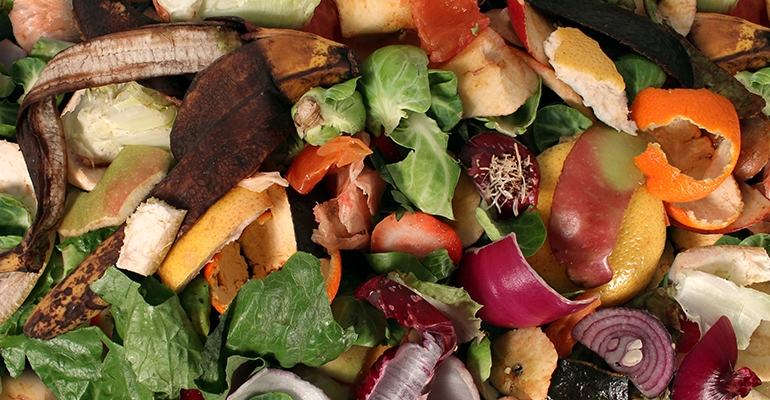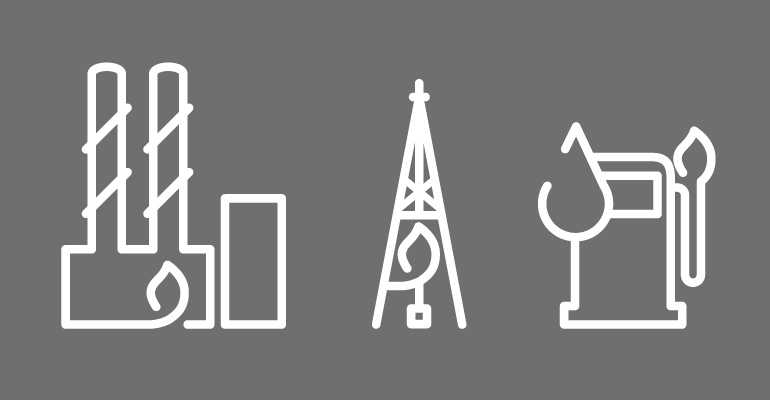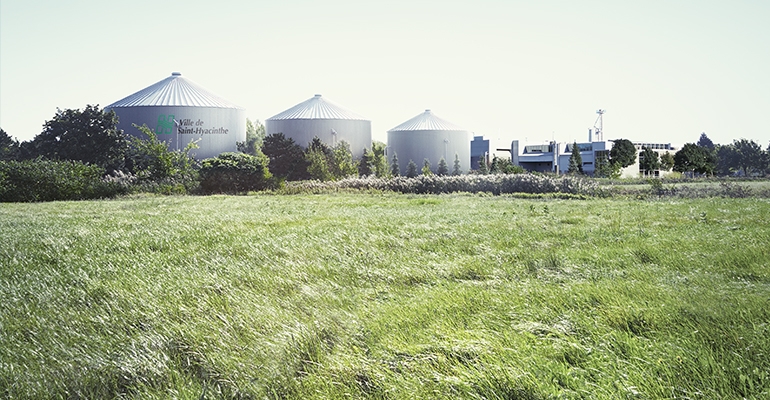
Natural gas: Myths vs. reality

As part of its 2030 Energy Policy, the Québec government has committed to reducing the use of petroleum products. Natural gas is therefore set to play a key role in the province’s energy transition. But how much does the average Quebecer know about natural gas?
A recent survey revealed that close to one third of Quebecers rate their knowledge of natural gas as “low or negligible.” Only 11% of respondents claim to be well informed.
Most people know that it comes from the decomposition of raw materials; that it is distributed by underground pipelines; and that it is used for heating air and water as well as for cooking on the stove. But just as many people are unaware of some important facts.
In this article, we therefore aim to debunk four of the most common myths about natural gas:
Myth 1: It’s toxic

There’s no question, it smells bad. However, natural gas is harmless for anyone who breathes it.
In fact, in its natural state, natural gas is colourless, odourless and tasteless. It’s only to make it easy to detect a leak that an odorizer called mercaptan is added to it, which smells like rotten eggs. With mercaptan, it’s possible to detect leaks at concentrations of less than 1% in the air.
In the event of a leak, you must open the doors and windows to air out the space. The risk is not in inhaling the natural gas itself, but in the reduced oxygen levels when gas mixes with air.
In rare cases, carbon monoxide (CO) can be produced when the combustion of natural gas is incomplete. Hence the importance of following the manufacturer’s recommendations for calibrating and maintaining your equipment. For optimal safety, you must install a certified CO detector and regularly test its batteries. In the event of CO poisoning, evacuate the premises immediately and call 911.
Myth 2: It contaminates the air, water, soil, etc.

There’s actually no chance of natural gas getting into plants or food. Since natural gas doesn’t mix with either soil or water, it poses no danger to our rivers, fields or animals.
The reason boils down to its molecular composition, which is 95% methane, less than 4% ethane and nitrogen, and 1% carbon dioxide and propane. These properties prevent it from combining with water, soil or air. When a leak occurs, natural gas quickly rises and disperses into the atmosphere. The same can’t be said of propane or petroleum products, which are heavier than air and pose greater risks when they spill into nature.
Myth 3: It is highly flammable

In actual fact, igniting natural gas is easier said than done and requires a specific set of conditions. Its concentration in the air must be between 5% and 15% (i.e. a narrower range than that of gasoline or propane) and an ignition source must be present. Outside of this flammability range, natural gas does not ignite.
That said, if you smell something suspicious, be sure to take these essential precautions: Avoid turning on any appliance or switch that could produce a spark, including cell phones; do not smoke; air out the room by opening the doors and windows; and call 911.
Myth 4: It can only be used for heating and cooking

Far from it! Natural gas has numerous applications and is often more efficient than other energy sources.
For example, beyond its use in heating and cooking, many companies in the manufacturing, industrial and agricultural sectors are incorporating natural gas into their processes.
In the past several years, use of natural gas has become more widespread in transportation . The fact that, for the same distance, it is about 30% cheaper and emits up to 25% less greenhouse gases (GHG) than diesel makes natural gas ideal for the heavy freight transportation and maritime transport sectors. More and more Québec carriers are adopting it in its liquefied or compressed forms.
Wanting to contribute to a better energy future, Énergir is actively involved in developing natural gas for transportation. When you consider that 43% of the province’s GHG emissions come from this sector, it becomes clear that we need to opt for a cleaner energy source than petroleum products!
You may also like...

